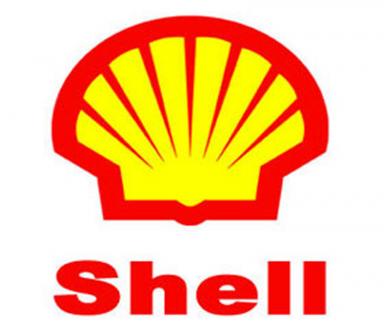Oil & Gas
SHELL FACES LAWSUIT IN NIGERIA.
Irene Jerry

Shell is facing a lawsuit in Nigeria, with communities from the Niger Delta demanding hundreds of millions of dollars in compensation for environmental damage caused by the company’s operations. These communities accuse Shell of breaching a court ruling by proceeding with the sale of its onshore assets despite ongoing issues related to oil spills that have harmed local ecosystems.
In January 2024, Shell agreed to sell its stakes in onshore oil fields to a consortium of local companies for $2.4 billion, marking its planned exit from the Niger Delta's challenging operating environment. However, it aims to retain stakes in other parts of Nigeria, particularly in deepwater and gas fields.
Communities are pushing back, with over 1,200 representatives of the Ellaji communities filing a lawsuit to halt the asset sale, claiming the deal violates a December 2023 court ruling.
The Niger Delta communities are demanding 505 billion Nigerian naira (approximately $310 million) in compensation, arguing that Shell should address the environmental damage before proceeding with the sale. The lawsuit accuses Shell of causing extensive oil spills that have damaged farmland and waterways, although Shell argues that most of these spills result from theft and pipeline sabotage.
Shell has faced criticism and legal challenges from communities and activists in Nigeria for decades due to its environmental impact in the region. While the company plans to shift its focus to deepwater operations and other energy sectors within the country, concerns over pollution from oil and gas production continue to affect local livelihoods, increasing pressure on the government not to approve the deal until the environmental issues are resolved.
